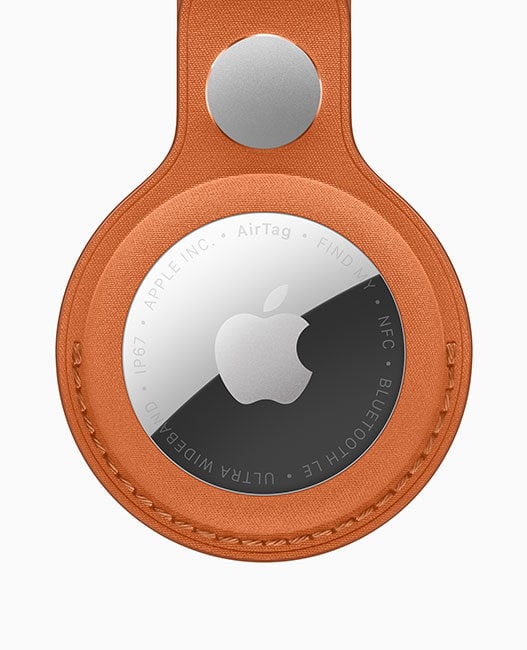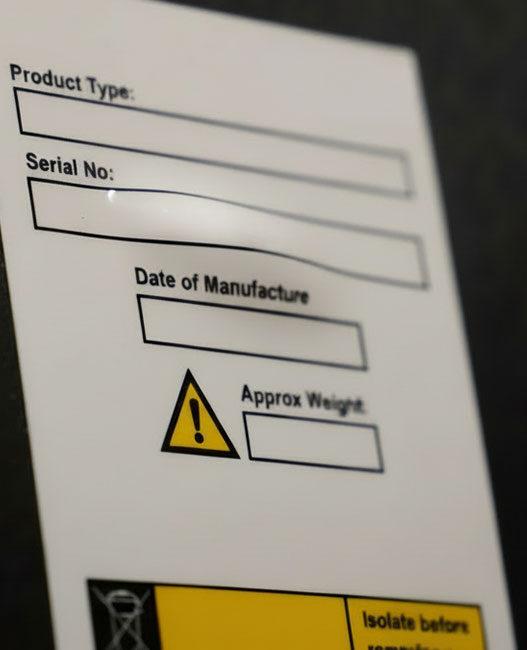The directive aims to reduce toy related accidents by identifying hazards and taking into account their foreseeable use.
Application characteristics
Rather than placing specific restrictions on the design of electric toys, the EN 62115 standard applies a hazard-based approach to products. This allows potential hazards to be designed out of a product, without regulatory limitation. When reading and referring to the standard, the following definitions should be kept in mind:
- Hazard – a potential source of harm
- Risk – the probable rate of occurrence of a hazard causing harm, and the degree of severity of the harm
- Harm – physical injury or any other damage to health, including long term health effects
EN 62115 covers all aspects of electrical safety in toys, but has been updated to include the use and compliance requirements for lighting in toys, as well amendment A12, covering risks associated with electromagnetic fields.
To achieve compliance with EN 62115, electric toys must also comply with EN 71-1 (physical and mechanical requirements), EN 71-2 (flammability) and EN 71-3 (migration of certain elements).
Specifically, smart toys, toys with light indicators, electrical and electronic toys must meet the following top safety standards:
- Mechanical & Physical Hazards
- Flammability
- Toxicity-Migration of Certain Elements
- Experimental Sets for Chemistry
- Chemical Toys
- Graphical Symbol for Age Warning
- Electrical properties
Toys that meet the European Toy Safety Directive 2009/48/EC requirements are given a CE Marking. The CE Marking is the manufacturer’s declaration that its toys meet the essential requirements of the European Toy Safety Directive, and that such toys are therefore entitled to free movement throughout the 28 European Union and EFTA member states.
CE approved LEDs
VCC’s 31 Series and 32 Series indicators meet the European Toy Safety Directive 2009/48/EC, specifically the EN 62115.
The 31 Series rectangular neon or incandescent indicator lights are available in a wide variety of lens colours and voltage options. The indicator lights quickly snap fit into a 1.281” x 0.395” (32.54mm x 10.03mm) mounting hole. The recommended panel thickness range from 0.020” (0.5mm) minimum to 0.090” (2.3mm) maximum. Lenses may be customised with a stamped message.
This 32 Series neon and incandescent round panel mount indicator features quick disconnect tab terminals and is available in different lens styles, lens colours and operating voltage range of 6V, 14V, 28V, 125V or 250V, snap fit into 0.500” (12.7mm) panel hole diameter.
Result and benefits
Improperly used or badly designed EE toys can rapidly turn from a source of fun into a serious hazard. EE toys can become dangerous if not used properly, used without adequate supervision, or if they have faults in their design/construction.
Electrical and electronic toys pose many risks over and above the mechanical hazards that are common to all toys. Adding electricity, either battery or mains supply, presents a number of risks to children
VCC’s EU Toy Safety Directive approved indicators lights ensure proper performance and a long operating life in a wide range of toys. Toy manufacturers that use the VCC 31 and 32 Series indicators can have a CE Marking, giving their toys free movement throughout the 28 European Union and EFTA member states.
Value added service
VCC understand the importance of visual communications and brings value to your design challenge. VCC becomes an extension of your design team and can provide technical advice and value to your design challenge.















